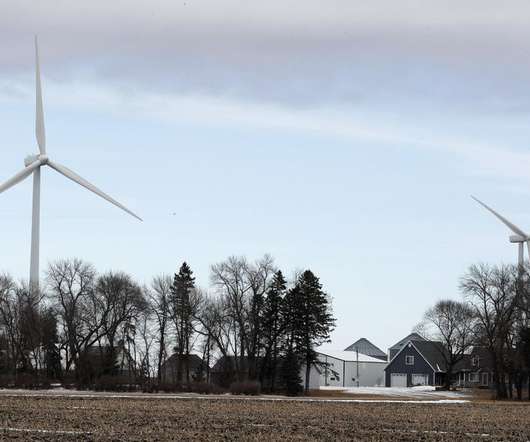Perspective: The Role of Offsets in Climate Change Legislation
Green Car Congress
MARCH 6, 2010
This article shows that including offsets in climate change legislation would likely make an emissions program more cost-effective by: (a) providing an incentive for non-regulated sources to generate emission reductions; and (b) expanding emission compliance opportunities for regulated entities. 2) Examples of Renewable Energy Projects.











Let's personalize your content